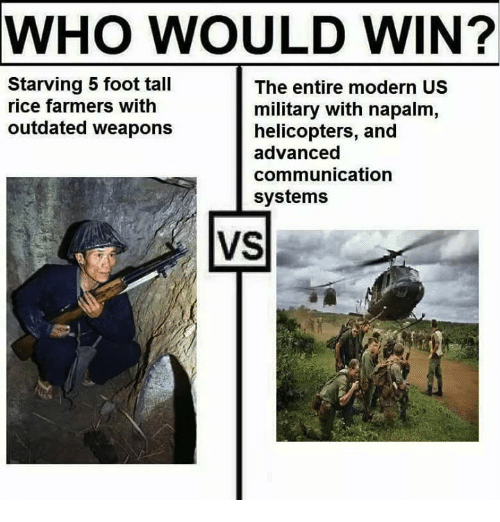
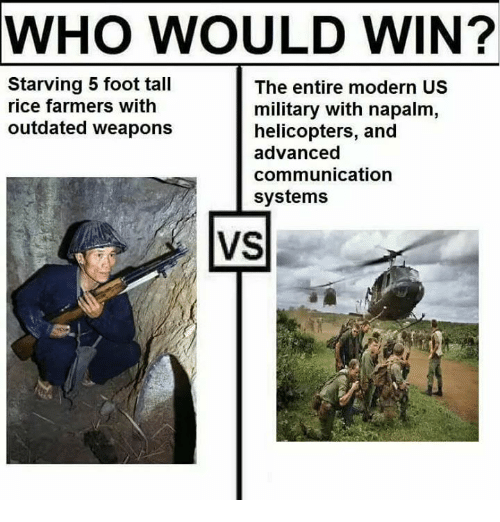
“Your son is dead, He lost his head, Killed by a bomb in Vietnam”
Popular chant of Marine Corps Drill Instructors at San Diego Recruit Depot in 1968
Add Background Images Here
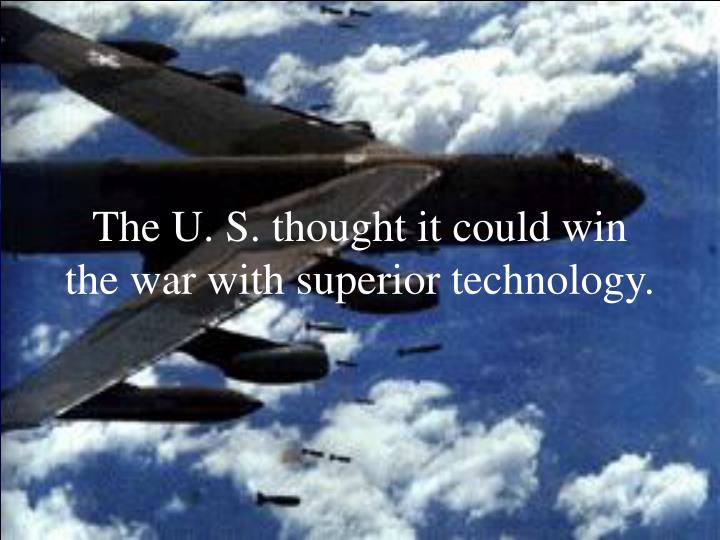
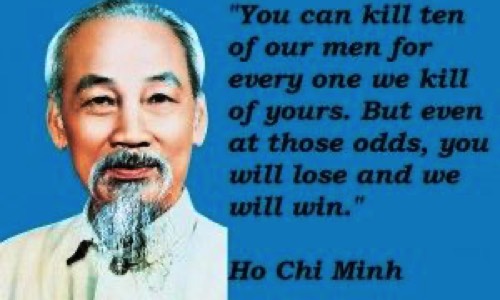
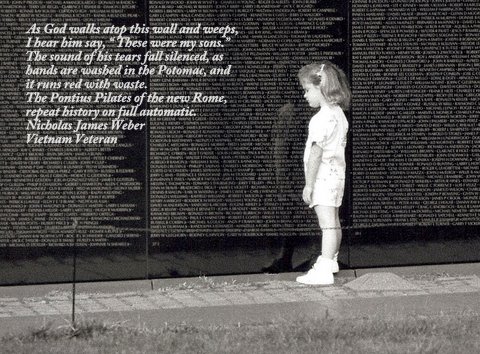
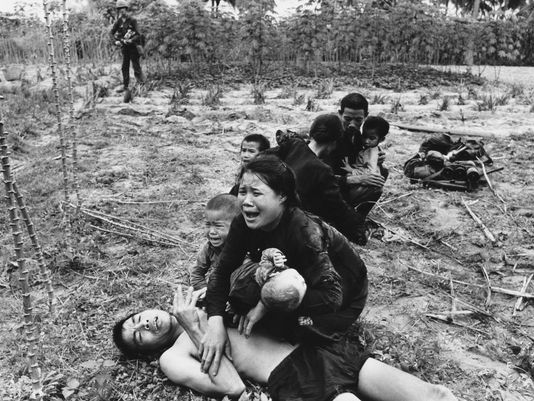
In 1968, I was a happy factory worker, who truly believed in the ‘American Dream’. Two years later I returned from Vietnam a maniac. I had been a radioman in Vietnam and upon return, took to CB radio in a crazy attempt to relive the war. Soon, alcohol and drugs overtook me. By 1974, I was battling multiple charges in court and one local newspaper referred to me as a “One man Mafia”. The prosecutor demanded a $150,000 bond, stating that I was a danger to the community. To this day, their are those who still avoid me, due to my ‘’Rage” after coming home from Nam. Judge me if you will, but unless you have spent a year of combat in the jungles of Vietnam, good luck with that.
Booby Traps
Anytime, AnywhereIt’s one thing to participate in a battle that’s already raging; a Marine knows danger is part of combat. Now, picture walking through rice paddies with no enemy for miles around on a peaceful quiet day, the song, “Hot fun in the summer time” by Sly and the family Stone playing in your head. Then, suddenly getting your leg blown off? Psychologically terrifying? That’s an understatement. I watched several of my fellow Marines get maimed or die in such fashion. Once as a friend was blown up, there was a dark object that flew past me which I could not in the moment discern. It turned out to be the boot of the man, with his foot bone still sticking out. I will never forget the smoke still coming from the man’s foot bone and the sickly sweet smell of the explosive. On another occasion, a Marine was blown up in the air, obviously maimed. He landed in a heap on the ground, and the two grenades he had attached to his flack jacket exploded a few seconds later. The pins on the grenades had been blown out by the booby trap and subsequently exploded. The most feared of all was a land mine named “The bouncing Betty”. The bouncing Betty had three prongs on top which were concealed by nearby grass. Once these prongs were disturbed by a foot, the mine would shoot itself upward to around 3 feet or at its victim's waist level before exploding. As it detonated, ball bearings contained inside flew out rapidly and produced devastating results on a human body. When I was wounded in Vietnam is was from a booby trap that I had inadvertently stepped over. I did not have a clue it was there. The man a few feet behind me stepped on the booby trap and lost his leg. I was hit with a piece of shrapnel from the explosion, but it was comparatively nothing compared to the loss of a leg. The fear was in the perpetual suspense. In some months we took over 50% of our casualties from booby traps. The fear was so pervasive that some Marines resorted to fragging themselves. I.E., pulling the grenade’s pin, turning around and slowly walking away. The hope was to be wounded badly enough to be returned to the USA so as to escape the terror of booby traps. Still others shot themselves in the foot. One Marine took an R&R flight early, went to a country which had flights to Sweden. Sweden offered sanctuary to American deserters. I found out years later from a declassified document that the number of Purple Hearts awarded when factored by total strength at beginning of August 1969 represented slightly more than a 6.5% chance of being wounded. Multiplied by 12.7, (a tour of duty for enlisted Marines in Vietnam consisted of 12 months and 20 days) the rate per tour of those wounded would be 82.7%.
Massacred
August 12-13, 1969On August 12, 1969, India company was on the move and heading to a rendezvous with other Marine Infantry units. We had moved from a rice paddy dike and paused for a break. As we smoked a cigarette an NVA (North Vietnamese Army) soldier literally walked into us. A member of my squad reached out and grabbed him without a shot being fired. This had never happened before. The morning of the following day, August 13, 1969, India company had joined with several other companies and was conducting a huge sweep towards the Vu Gia river. We proceeded to a bombed out tree line and began finding blood trails, abandoned gear and the occasional NVA body. All this was unheard of. The NVA had always taken their dead with them and had never in the past abandoned gear. Previously they had behaved like ghosts, vanishing without a trace. As we proceeded, the aviation radio net came alive with chatter from OV-10 Bronco spotter planes. The spotter planes were reporting large groups of NVA running in the open. The OV-10 Bronco is a propeller driven plane used as a spotter for artillery and bombing runs. As squad radio operator I routinely monitored the aviation radio frequency to find out what was going on, even though this was forbidden. We emerged from the tree line and ahead of us was a huge open rice paddy which was facing another tree line. Four Marine Rifle Companies were spread out on a line stretching for over a kilometer. The intersecting tree lines and paddy dikes blocked the view and the enemy was invisible, pausing only to snipe and run. Orders were given to advance through the rice paddy. Several marines cursed, the open rice paddy was like a shooting gallery and we were the ducks. We could smell an ambush. This was a classic NVA tactic. When on the run, divide into smaller groups and setup ambushes to slow pursuers. Halfway across the rice paddy we were ordered to fire our rifles into the tree line as we continued our advance. It was a bright sunny August day and we were unable to see muzzle flashes from the NVA machine gun and automatic rifles, which opened fire from positions hidden in the tree line ahead of us. The din of our rifles firing into the tree line obscured the sound of the NVA machine gun and rifles. In addition, the fact that we were advancing abreast, prevented troops from seeing that those to their sides were quickly falling. Within 90 seconds 4 nearby Marines were dead and scores more were wounded, some very critically. I remember looking at one of the four dead in my immediate area and realizing he was a ‘New guy’. I kept thinking over and over, “I hadn’t even had time to meet him and he’s already dead”. It did not end there, our platoon was pinned down and medical evacuations could not begin until the NVA had been eliminated. Some of the more seriously wounded died before the NVA were suppressed. The Regimental Commander, Colonel Codispoti had recently been passed over for promotion to Brigadier General. Colonel Codispoti’s command to, ‘take the objective quickly regardless of casualties’ would be the death nell of his career. In the process of attacking the ambush, several others were killed including Lieutenant Colonel John Dowd, commander of 1st battalion, 7th Marines, who died instantly from a bullet to the head. Dowd was one of only 30 Lieutenant Colonels killed during the entire Vietnam war. It took well over an hour to take the well entrenched ambush site, at which time my buddies and I were tasked with loading the dead and wounded onto the ‘Choppers’.
The Lost Lieutenant
The Price of a MistakeOur 2nd Lieutenant was very gung-ho. Unfortunately, he could not read a map. The Lieutenant would find himself totally lost. Often when he became totally lost, he would find a rise in the land and call in a white phosphor round to coordinates he radioed to the artillery battery. White phosphorus produces dense smoke and burns even underwater. He thereupon would stand on the high ground and look for the smoke in all directions. If he could not visually spot the round he would call in different coordinates. On occasion his round would fall on a village or friendly forces. And on one occasion he called in a round on his own platoon. This caused several serious casualties. In addition our Lieutenant would perform tasks which should never be performed by a platoon commander. One of these unwise tasks was ‘Walking point’. Walking point meant that he would lead the way on jungle trails, rice paddies, etc. The enemy used ingenious methods to lure Marines into booby traps. Obviously the ‘Point man’ is the first to encounter ambushes, booby traps, etcetera. The LT had been walking point and had spotted a piece of a flack jacket on a jungle trail. The number one rule of walking point is to never pick up anything out of place. Well, he fell for this enemy ruse. As soon as he lifted this item, a hellacious explosion occurred. When the debris cleared, all that remained of our 2nd LT were some of his entrails on the ground, and upon looking up, most of his rib cage was in a tree. By that time I had been in Vietnam for several months and had lost some close friends to this man’s incompetence. Till this day, I still do not know why, I found myself grinding his intestines into the ground. Several of our new Marines were totally grossed out, but I kept grinding his intestines and laughing. You didn’t get me killed Motherf*****.
Pilot Down
A War Without MercyWe were near a place in Vietnam which was aptly called “The Arizona Territory”. The reason for the name was the large number of gunfights. Overhead was an OV-10 Bronco. An OV-10 is a propeller driven aircraft that was primarily used as a spotter plane. It was used to mark targets for gunships and bombing runs. The pilot generally flew low and slow looking for targets. We heard the planes engine and then a large amount of gunfire. All of a sudden, no more plane engine noise. We were informed the pilot had radioed he was going down, and then things went quiet. The area in which the pilot went down was thick jungle. Jungle that is called ‘Triple canopy’. Three or more layers of foliage. Jungle this thick requires a machete and progress is painfully slow. Maybe 100 feet in an hour. We knew that if the Vietcong captured the pilot, he was as good as dead. In this area of Vietnam, neither side took prisoners. Still in all we had to make a desperate search for him. A few hours later the sun was setting and there was no sign of the pilot. Three days later, still no sign of the pilot, but we began to smell an odor that only combat military and police instantly recognize. Their is no other smell as awful as a decomposing human body. Especially in a climate like Vietnam. By this time the jungle had become even more dense, but we kept on cutting a path through the jungle to the disgusting smell that was a fellow service member. The Vietcong had buried the pilot alive and upside down, an autopsy later revealed, with one foot sticking out of the ground. The VC had wanted us to find him, so we knew the area around him was likely booby-trapped. We found the semi-buried pilot and dug up his decomposing body. We then placed the remains in a body bag and began carrying him out. There was no way to get the body out by air, due to the dense jungle and the fact that one aircraft had already been shot down. By this time my fellow marines and I had long since run out of food and some were even eating their toothpaste. On our way out of the jungle we came across a dry river bed. While this made traveling much faster, it had the downside of the body bag picking up several tears on the rocks of the river bed. A black substance the consistency of hot black tar oozed from the tears in the body bag, and the smell was sickening. We rotated those tasked with carrying the remains. At night when we set up a defensive perimeter, we would place the man’s remains a couple hundred feet away from us to minimize the smell. Ultimately we found a semi-safe area and were able to cut out an LZ (Landing Zone) where a chopper picked up what was left of this poor pilot.
Herman ‘Danny’ Gibson
KIA November 6, 1969Herman was a good old boy from Hurricane, West Virginia. He was always kidding around. My buddy and I were playing cards, when Herman passed by. Herman and everybody else in the platoon had nicknamed my buddy and I as, ‘Homer and Jethro’. I did not have a clue who Homer and Jethro were. At the time I thought he was reffering to Jethro from the TV show ‘Beverly Hillbillies’. I would later find out they were Country Music singers. Being from the South side of Chicago, I didn’t know what Country music was. In Vietnam everybody had a nickname. We were closer to each other than some families are. So anyway Herman yells, “What’s going on Homer and Jethro?” I looked up from my playing cards and in a good natured voice asked Herman, “How would you like it if we started calling you, ‘Dead man?’ Herman was somewhat taken aback and as most of us in Vietnam were superstitious to some extent and vehemently objected. I kept pressing the point and Herman threw up his hands in exasperation and left. That afternoon the company moved a couple of clicks (kilometers). Herman was walking point (1st in line). Herman stepped on a Bouncing Betty booby trap, which shoots a projectile full of ball bearings which then explodes waist high. He quickly bled out and died. People don’t seem to understand that unlike TV and the Movies, a good many people utter as their last words, “Momma, Momma, Momma”. There was not a whole lot of Herman that was recognizable as we put him in a body bag. Arrival in Early 1969
Jerry gets a ‘Payback’
Friendly Fire?Jerry was a fellow Marine from the East Coast. He was only a few days from the end of his tour and what we called, “Going back to the world”. The Company was at a semi rear area, which was occupied by Marines and ARVN (Army of the Republic of Viet Nam). A few of us were atop bunkers in the perimeter. There were some Vietnamese peasants who were tending to the rice paddies in front of the Bunkers. Someone on one of the bunkers shot one of the peasants dead. At that particular time and place in Vietnam it was common joke if not attitude that if a peasant moved he was Vietcong and if he stood still, well he was Vietcong also. So, the peasant is dead. Nobody cares and no big deal according to the so-called rules of engagement. Well, it seemed that way at the time. The next afternoon, Jerry walks into a bunker and is blown to pieces by a booby-trap. It seems the peasant who had been killed the previous day, had a brother who is a member of the ARVN (Our military allies). Even in ’69 we knew the ARVN were unbelievably corrupt. When a Marine Infantry company went into the jungle, we tried to keep it a secret from the ARVN. If the ARVN knew were we were headed, there was sure to be an ambush waiting. There was not a whole lot left of Jerry’s corpse intact as we put him in the body bag.
Search and Destroy
Winning Hearts and Minds?Upon arrival in Vietnam, I and several other ‘New guys’ were flown by helicopter to India company, 3rd Battalion, 5th Marines, our assigned company. Our duties at this time included patrols, night ambushes, and the burning of villages. I really did not understand the concept of going into a peaceful village, terrorizing the populace, destroying their food caches (Usually by urinating in the large cisterns of rice the Vietnamese kept), and burning the village to the ground. Some of those who had been in country for a while seemed to enjoy this. Private Zippo was the term used for cigarette lighters used to set homes ablaze. The elders of the village and the women would weep and cry hysterically as we systematically destroyed all their possessions and way of life. Having successfully completed the total destruction of the village, India Company would find the nearest high ground and set up in a ‘Night Position’. The purpose of our night position was to entice the Vietcong into attacking us. In the rural hamlets of Vietnam, we would terrorize the population by day and the Vietcong ruled the night. The Vietcong would attack our encampment as a show of solidarity with the local population. In essence, the local populace seemed to consider them as their defenders. I could not help but think, that if I was Vietnamese and foreigners destroyed my only supply of food and burned my home, I would want to attack and kill those foreigners. After the nightly attacks by the Vietcong, we would proceed to find another village and destroy it the next day. We repeated this cycle for several weeks. The purpose of which was to accumulate a ‘Body Count’, the measure of a company’s combat effectiveness. The displaced villagers would join the Vietcong at times, such was their rage.
The Product
Why do you suppose the Vietnamese hated us?A Work in Progress
The War